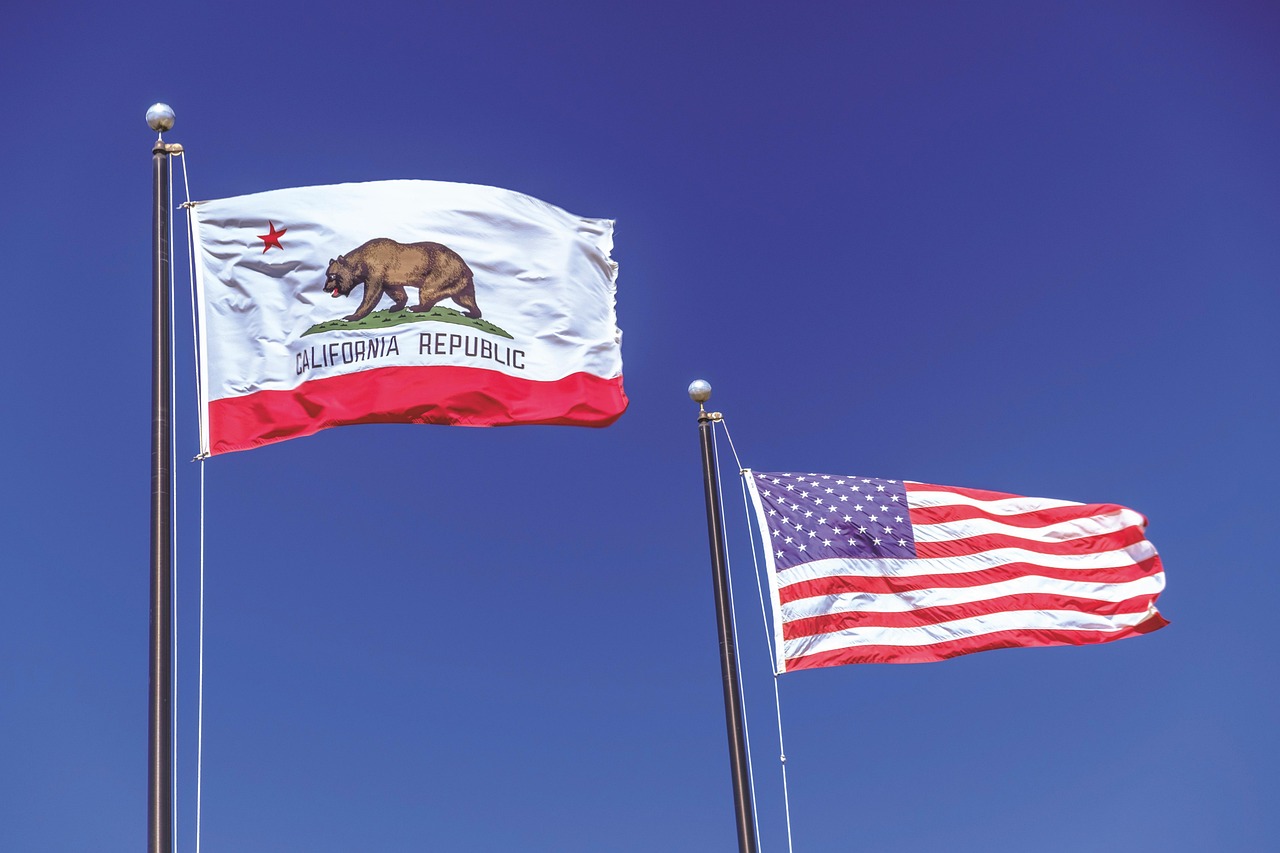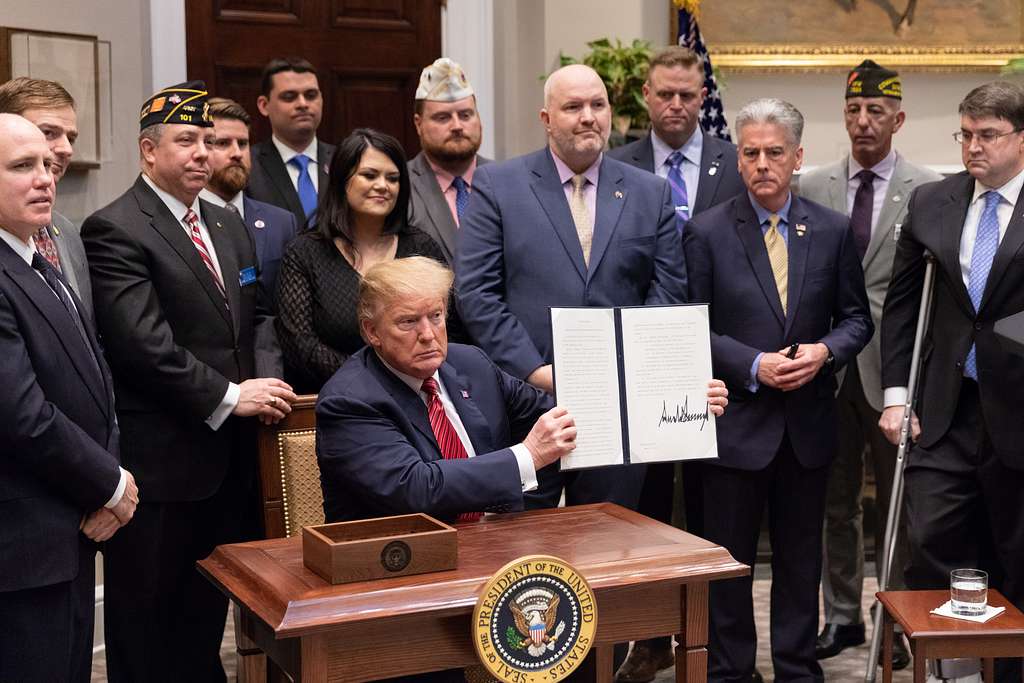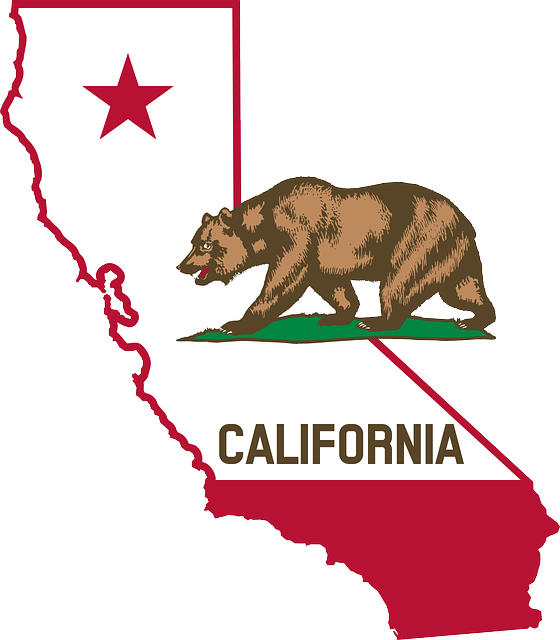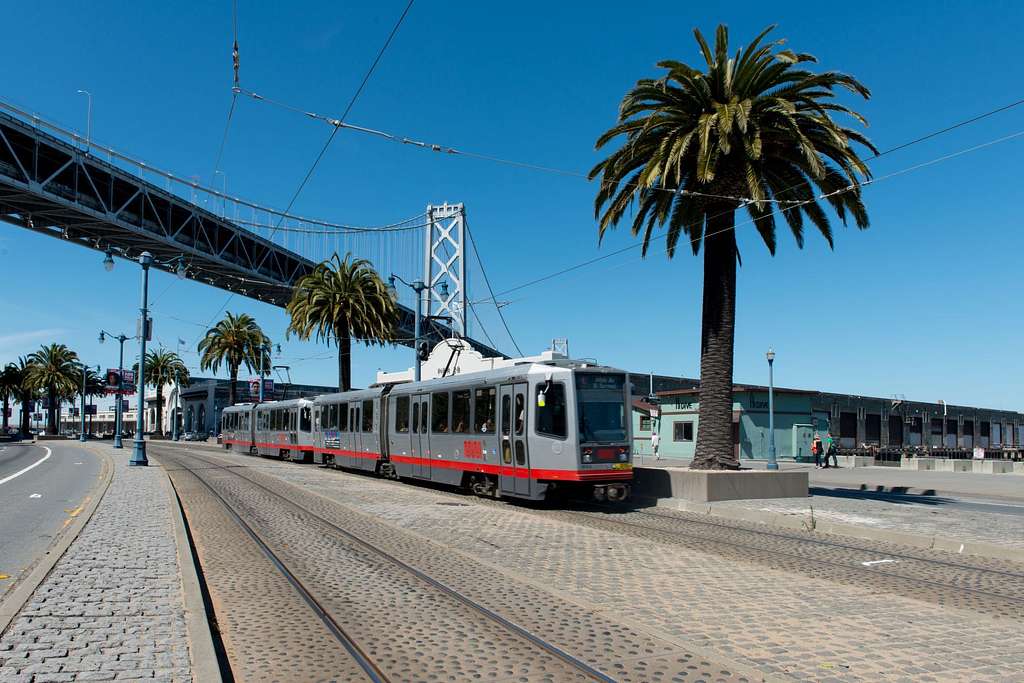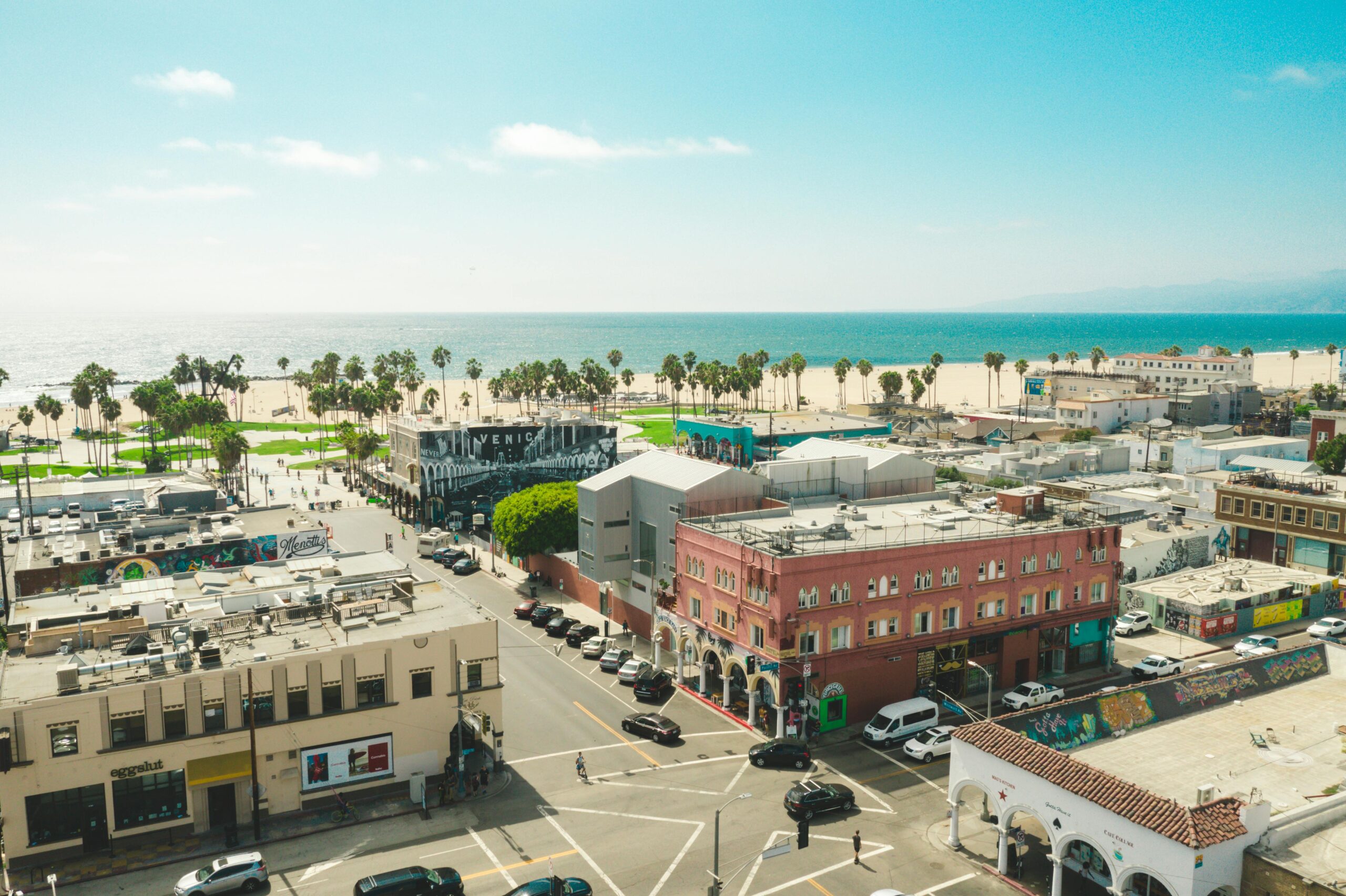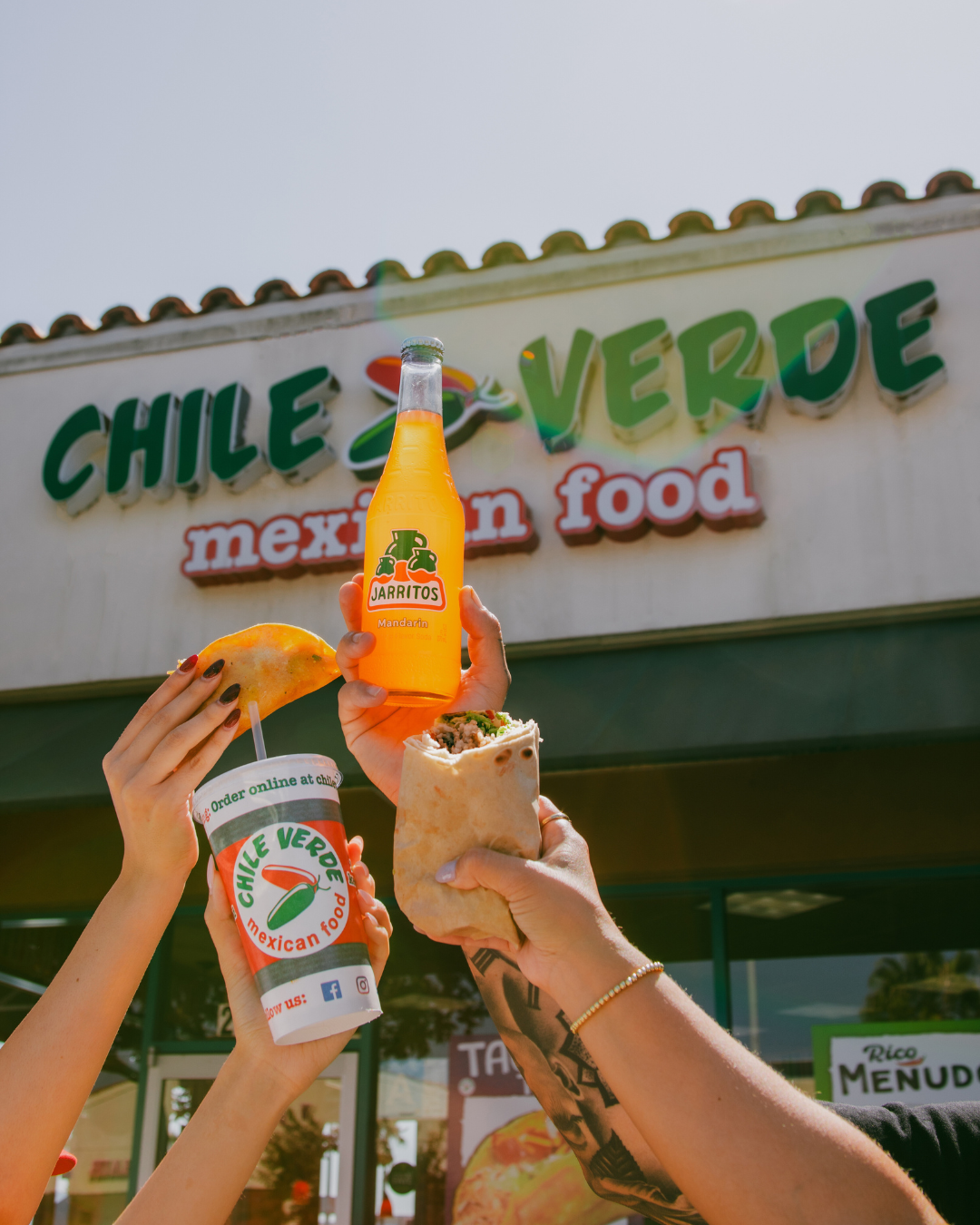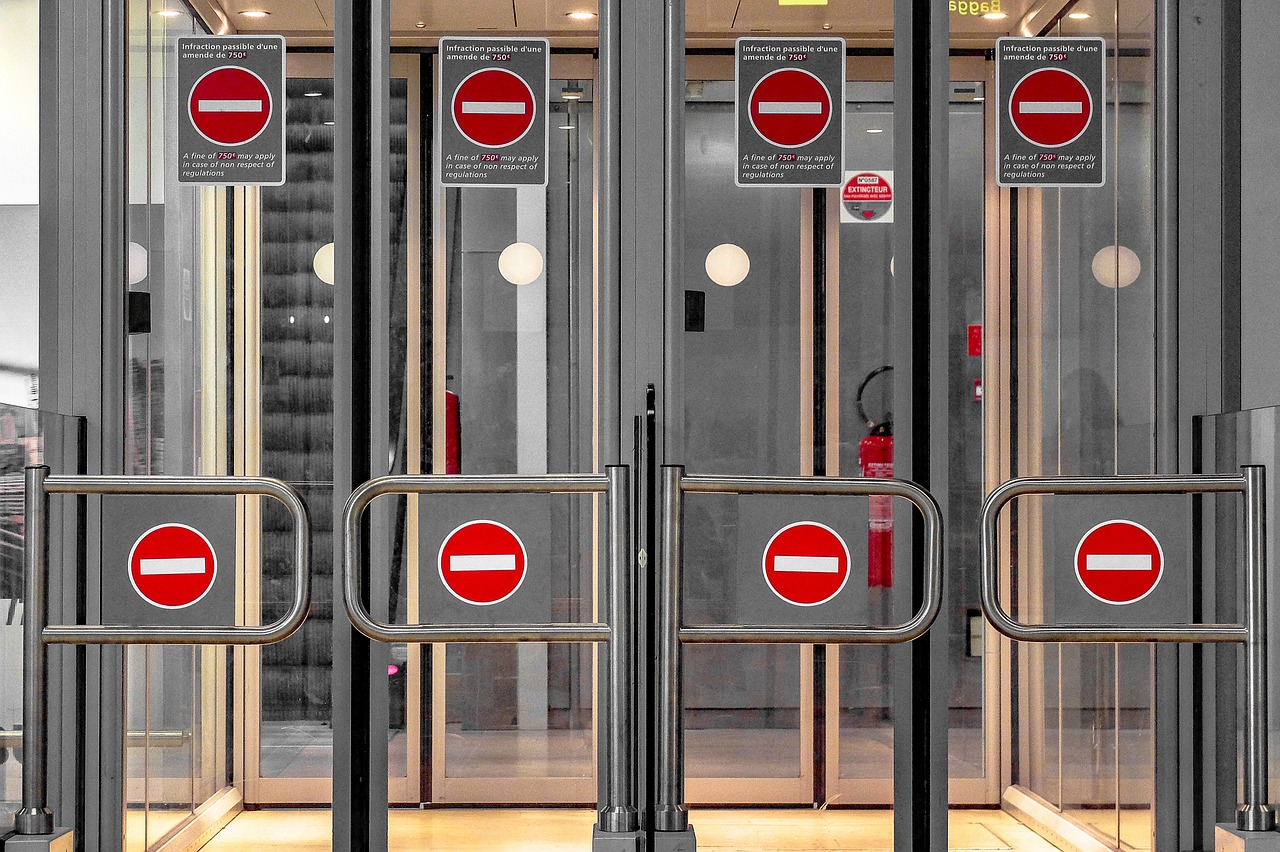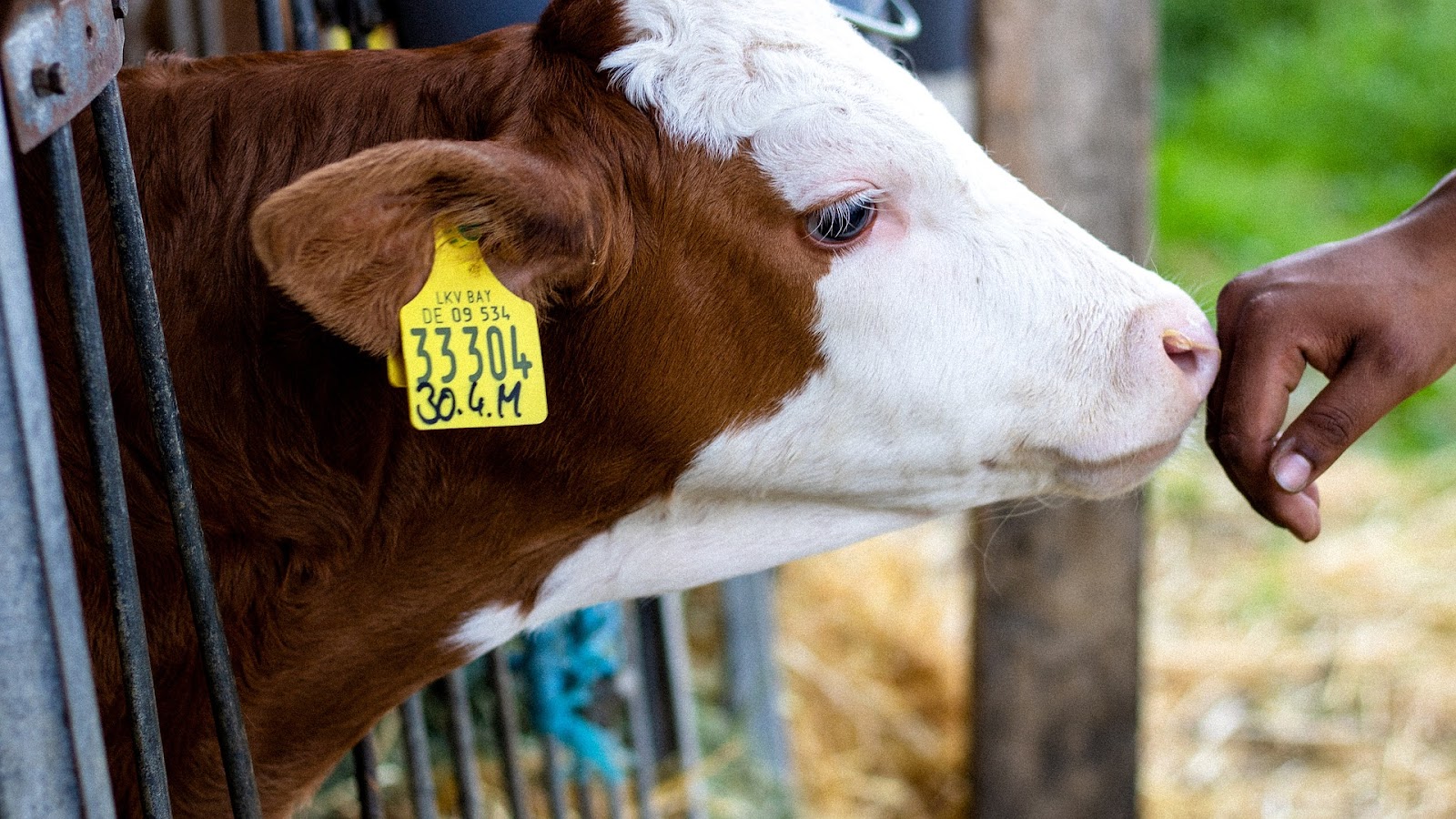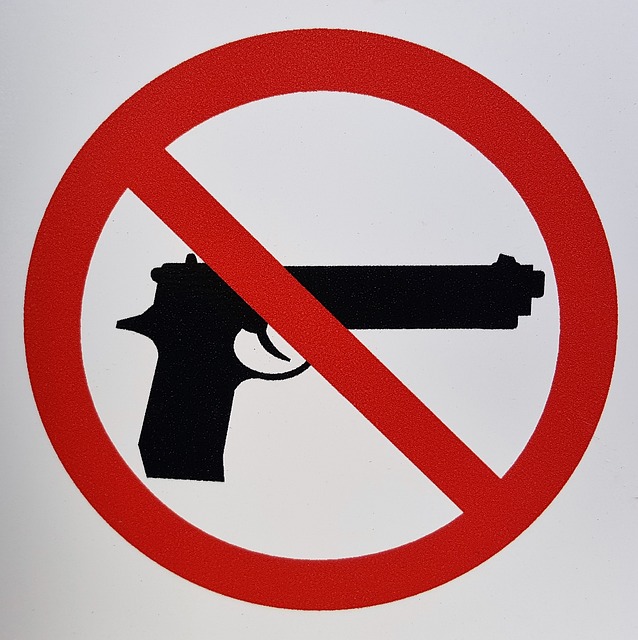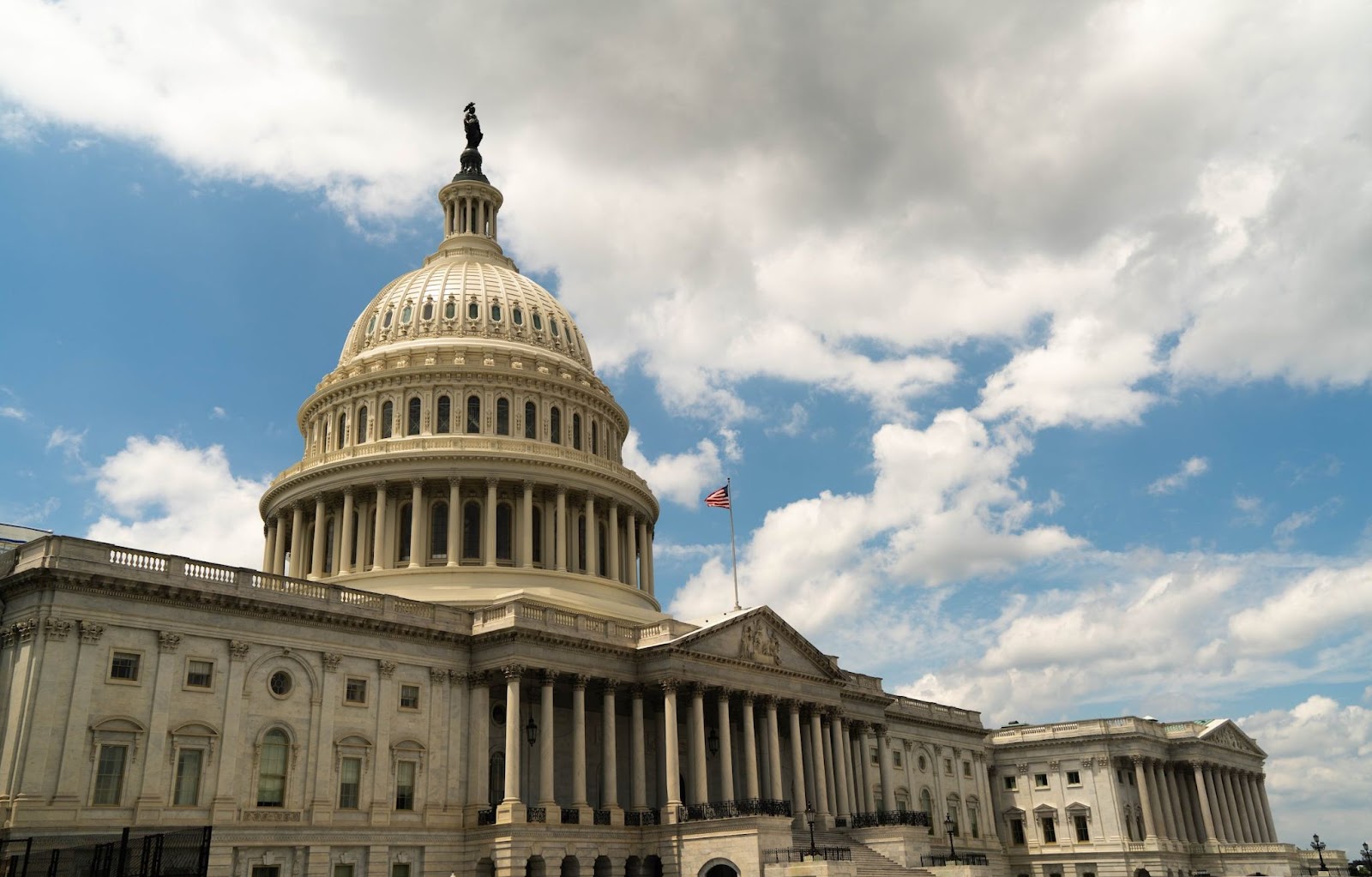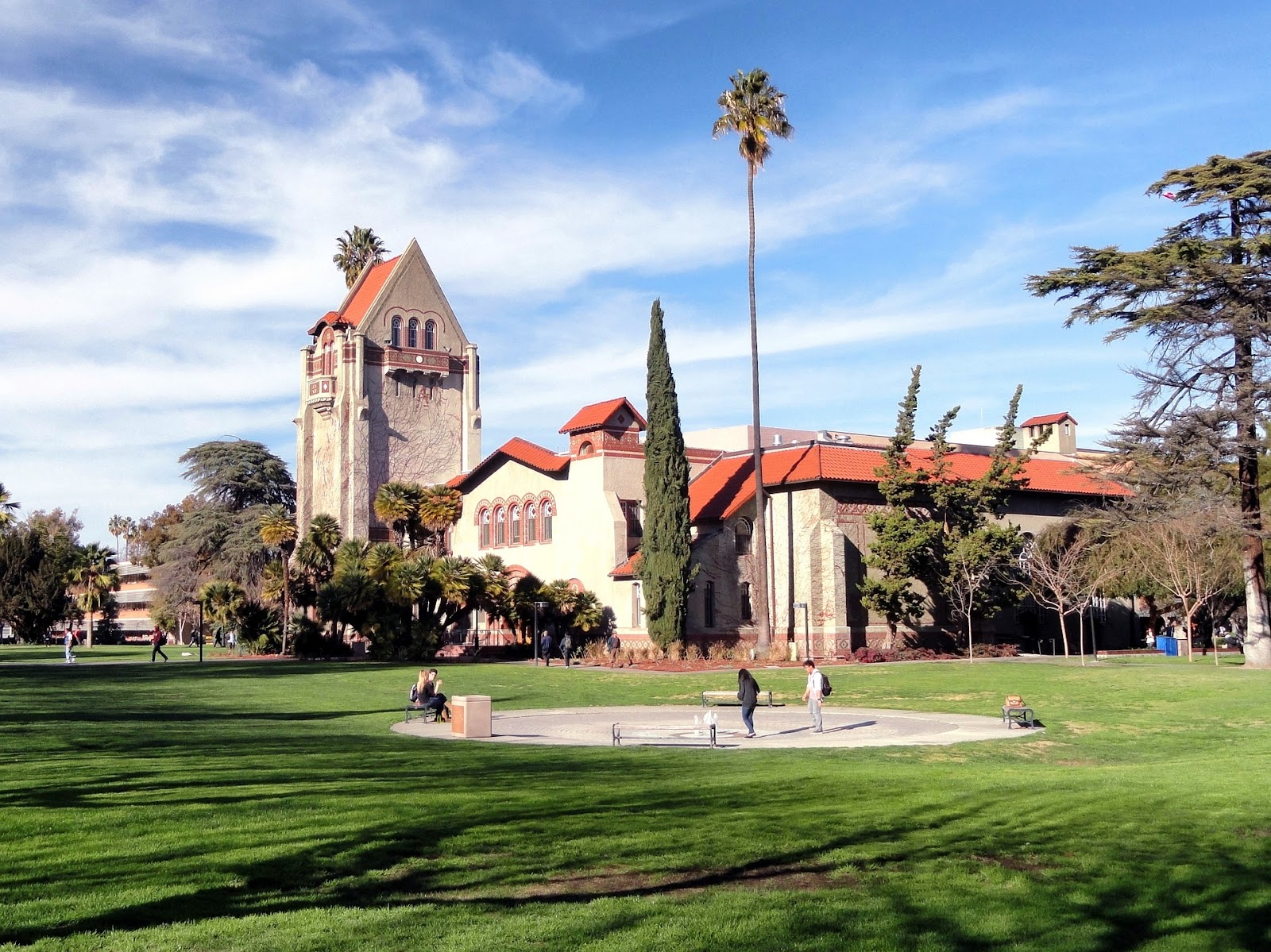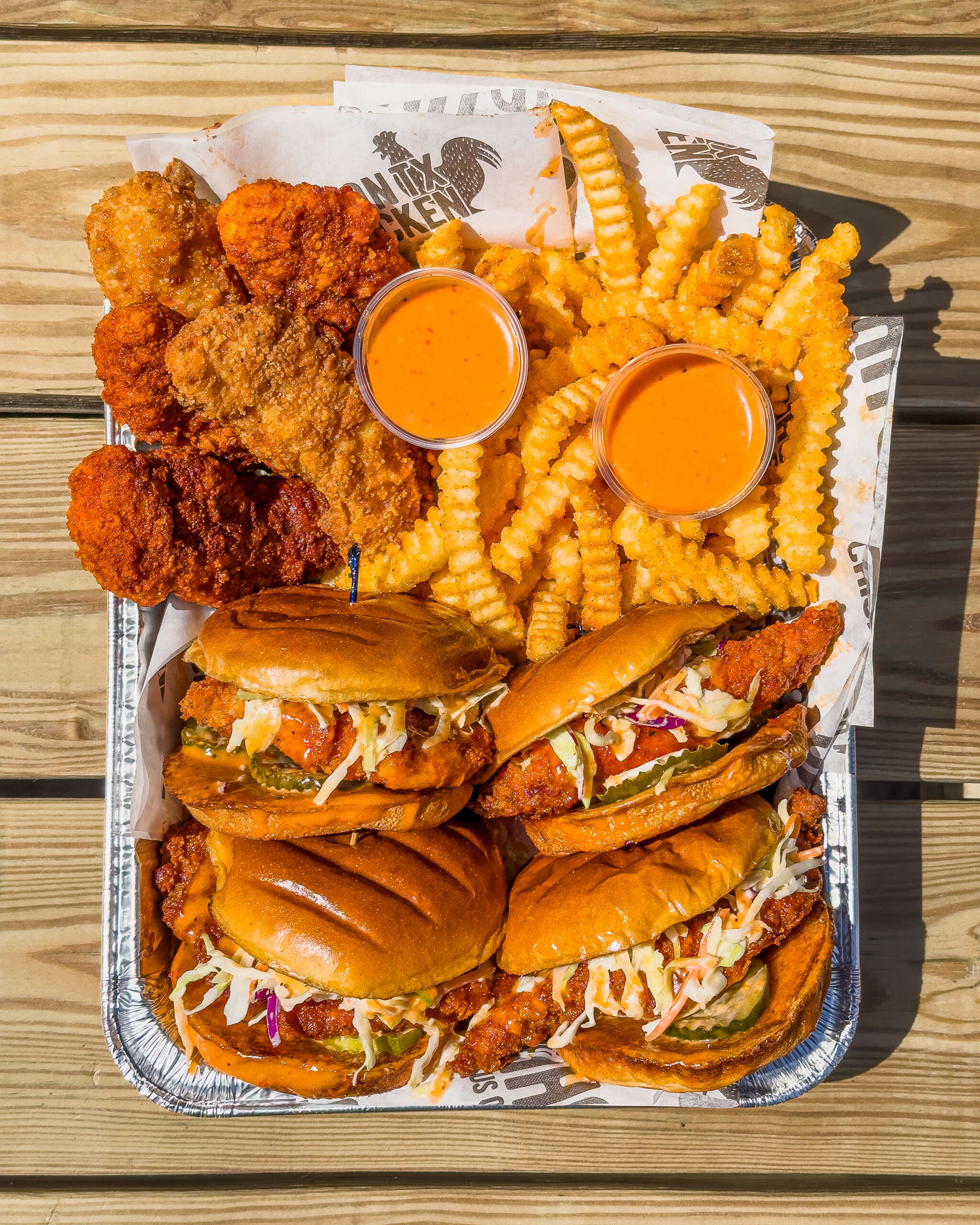In a revolutionary move, California has set a new standard for wages in the fast-food industry. Authorities have fixed the minimum wage for workers at $20 in the fast-food sector, putting them at the forefront of the nation’s highest-paid workforce. Signed by Democratic Governor Gavin Newsom, the legislation represents a welcomed change considering the critical role played by fast-food employees as primary or only earners in low-income households. The law will be in effect from April 1, 2024.
This new wage standard in the fast-food industry has positioned California among the highest in the United States. The state’s existing minimum wage standard is already $15.50 per hour. Flanked by an elated crowd of workers and labor leaders in Los Angeles, Governor Newsom, during the signing ceremony, dismissed the antiquated notion that fast-food jobs were solely stepping stones for teenagers. According to him, “That’s a romanticized version of a world that doesn’t exist.” His statement emphasizes the need to acknowledge and reward the contributions of this workforce that is often overlooked.
In California, labor unions have diligently organized fast-food workers to advocate for improved wages and working conditions. The governor’s signature on this legislation showcases the significant influence of the labor unions in this state. This revolutionary step has also resolved a protracted battle between labor and business groups with a crucial compromise. Right after the increase in wages, labor unions in California have stopped holding fast-food corporations liable for the actions of their independent franchise operators.
Reflecting on the magnitude of the negotiations, Governor Newsom described it as a “tectonic plate that had to be moved.” The deal is the result of over 100 hours of discussions in the final weeks of the legislative session. Mary Kay Henry, president of the Service Employees International Union International, revealed that the new law was the culmination of a decade of work, including 450 strikes across the state in the past two years.

The emotional impact of this legislation was palpable during a pre-signing news conference when Anneisha Williams, a fast-food worker and a mother of six at Jack in the Box, was seen holding back tears. Williams, who saw the unwavering support of her children on picket lines, stated, “This is for them.”
The signing of the legislation is also a strategic move by Governor Newsom after all the criticism he faced from organized labor last week for vetoing a bill aimed at protecting truck driver jobs amid the growing popularity of self-driving technology. Unions have historically played a pivotal role in Newsom’s political journey by providing substantial campaign funding.
The new minimum wage law will apply to fast-food establishments with at least 60 locations nationwide. The law also excludes those establishments that make and sell their own bread, such as Panera Bread. Currently, fast-food workers in California earn an average of $16.60 per hour, which falls short of the California Poverty Measure for a family of four. The raise in minimum wage to $20 is just the beginning, as the law establishes a Fast Food Council with the authority to increase workers’ wages annually through 2029 based on either 3.5% or the change in averages of the U.S. Consumer Price Index.
With this law, low-wage workers in California have gained the spotlight, but workers in other sectors, specifically in healthcare, are still awaiting a shift in their minimum wage. While a separate bill aims to elevate the minimum wage for healthcare workers to $25 per hour over the next decade, Governor Newsom’s opinion on this remains unclear. Citing a study from the University of California-Berkeley Labor Center, labor unions supporting the wage increase have argued that California’s costs would be offset by a reduction in the number of people relying on publicly funded assistance programs.














